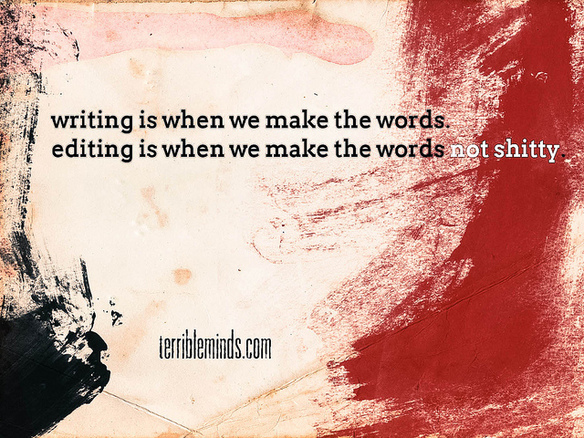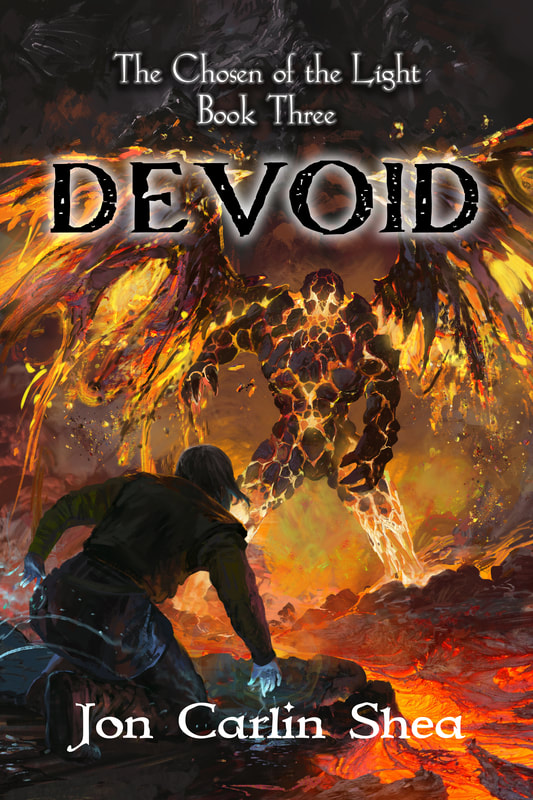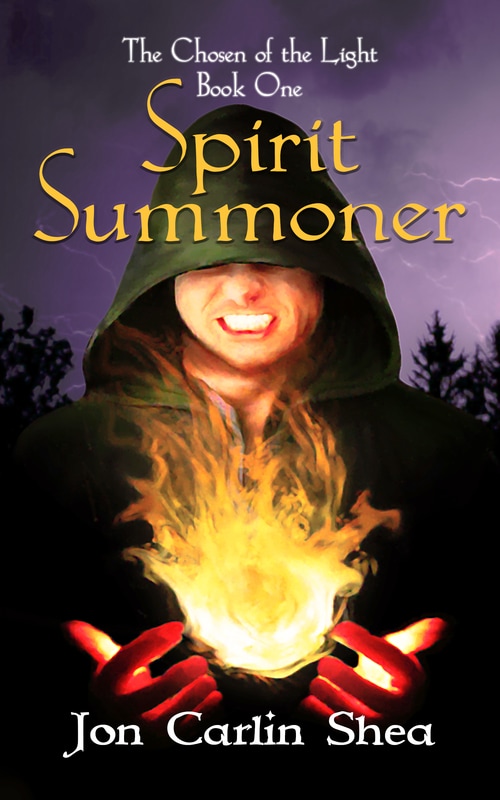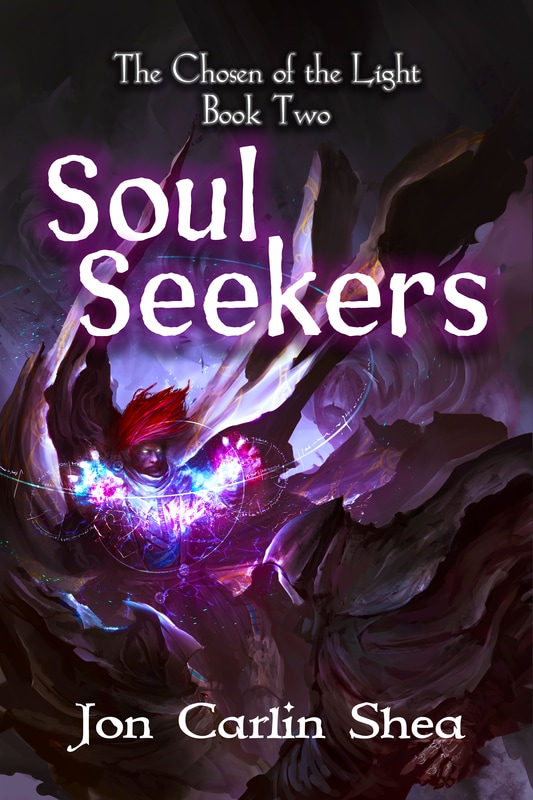|
I’ve been editing Spirit Summoner for the last couple months now, and I’ve learned more than a few powerful lessons from my editor, Shawn (or maybe you know her better as S.R. Howen). While some of these lessons are specific to my own writing style, I believe most of them can and do apply to the world of writing at large. Since I had to run my son to the Urgent Care tonight, and I don’t have a lot of working time left, I’ve decided to write down a couple of these lessons instead of returning to editing. Hopefully, I can shed a little insight into my writing and how you might improve your own: Jambling (Over Documentation) Unfortunately, I wasn’t the first one to use the word “jambling” (like I’d hoped!), I might be the first one to use it in the context of editing. Jambling stands for “Journey Rambling”, though admittedly, Shawn uses the term, over documentation. It happens when the author records every detail of a journey in order to portray the length of time that passes. You might describe a character’s thoughts (recapping events in the previous chapter), or the smells in the air, or the air quality itself. When writing these scenes in the past, I believed that if I didn’t do this, then my audience would think time passed too quickly. The journey from the village to the mountain pass takes all day in my mind, but if I write it wrong, then my audience might think it took place in 10-minutes! The HORROR! What Shawn reminded me is that sometimes I place details to fill out the story. In my mind, I’m writing a more detailed story. In truth, I’m slowing things down. I’m taking a mundane event, folding in a bunch of details about my character’s thoughts, the weather, and the color of the grass, and I’m bringing the story to a standstill. Now, I love detail in my writing, but there is a huge difference between putting detail into scenes that mean something to the story and scenes that don’t. Jambling detracts from the story because it really is there just for filler, to pass the time. Meanwhile, my reader has fallen asleep to my description of my character’s footfalls of the densely forested floor, a detail that adds nothing to the story at large. A way to combat jambling is to recognize the tendency and simply ignore the impulse to do it. This may not seem like a viable strategy, but I assure you, once you get in the habit of realizing you do this, you will want to fix it quick. Redirect your details. That description of my character’s footfalls might come in handy later, when he’s being tracked in the forest by an unspeakable horror. He’s afraid and uncertain. The thing tracking him can kill him in an instant, and the forest is too dark, too foreign. And quiet. The only thing he can hear is the sound of his boots snapping the carpet of pine needles beneath him. Maybe it’s the last thing he heard. Saying the Same Thing Twice This seems like a no-brainer, but for me, it’s a common problem. I think I know why though. Fantasy and Sci-Fi writing use a lot of terminology that doesn’t get used in our world. Character names and city/country names are confusing enough, but when you start in on terminology about the workings of the world like magic, physics, religion, and politics, it can be hard to define. Sometimes, it isn’t even terminology. It might be a different idea about my world, and because our world is so different than the fantasy world I’ve created, it can be hard to use words to correlate the two. In my writing, I combat this by saying the same thing twice. Of course, I don’t say the exact same thing twice, though some might debate that. I write one or two sentences that paraphrase something I’ve already said: (Sadly, names/locations have been lampooned) Gordondorf was the guardian of the land, a spirit creature of enormous power, yet his reach into the physical world was short. As the Guardian Eidolon, Gordondorf could move as freely as he wished through the spirit world, but his reach into the physical world of Evenmor was limited. In this clause, I’m trying to convey a few different ideas and terms:
Because he was the Guardian Eidolon, Gordondorf had enormous power and reach within the spirit realm, though the physical world of Evenmor proved limiting. Okay, it’s not perfect, and I debated whether I should leave in the term “Eidolon” for simplicity, but I think I’ve made my point. By combining the two thoughts, I’ve made my idea a little clearer even though it’s still out of context. And by limiting the use of confusing ideas and terms, I’ve shed a little of that info-dumping that plagues stories like mine.
I’ve got more lessons to share, so please let me know if there’s anything in particular you’d like to know, and I’ll do my best to share in future posts. You can drop a comment below, or reach me at [email protected]. May the Guardian Eidolon guide you as your feet fall along the sparsely graveled road.
2 Comments
Luke
1/15/2013 05:04:27 pm
Food for thought, thanks! I'm probably pretty guilty of Jambling (now forever a part of my writing vocabulary), so I'll be sure to watch out for these as I edit my WIP.
Reply
Matt Campbell
1/16/2013 12:22:02 am
I'm glad it was useful to you, Luke. Thanks for reading!
Reply
Leave a Reply. |
Archives
March 2019
Categories |





 RSS Feed
RSS Feed
